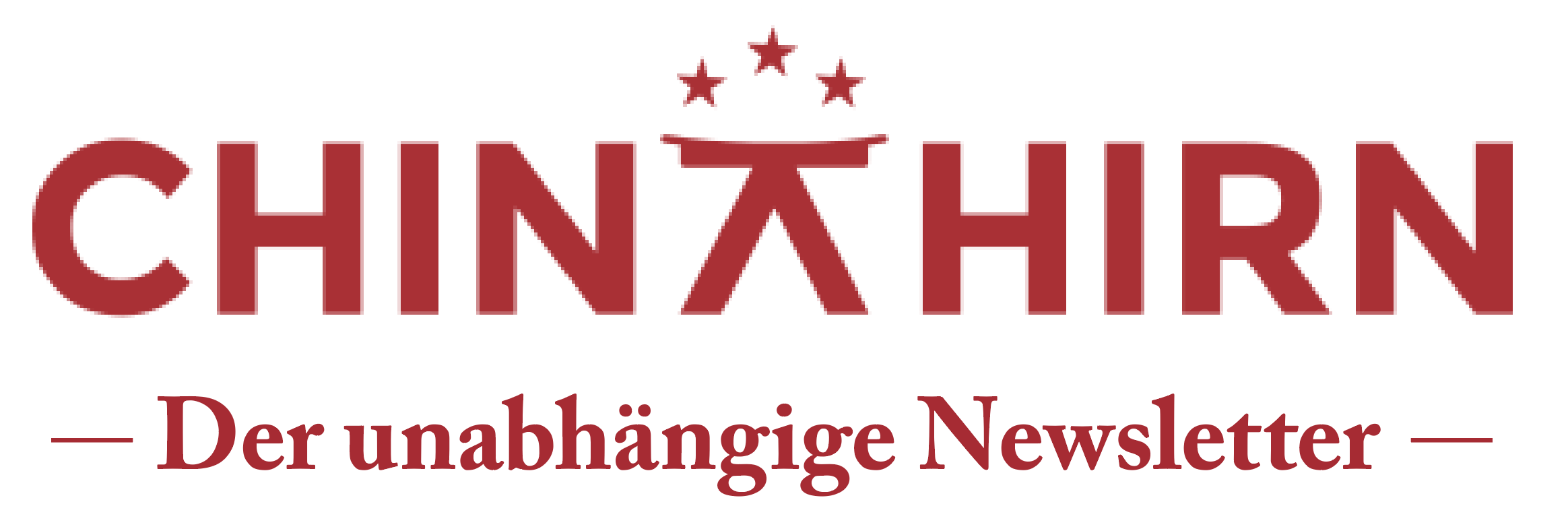China will die Welt dominieren. Das sei common sense in der amerikanischen Elite: „In U. S. academic and policymaking circles, the convential wisdom is that China wants to dominate the world”. Das schreiben drei Autoren in dem Beitrag “What Does China Want?“ in der aktuellen Ausgabe der Zeitschrift International Security, die vom renommierten MIT in Boston in Zusammenarbeit mit Harvard herausgegeben wird. Sie zitieren dazu eingangs viele Thinktanker, Wissenschaftler und Politiker, die just dies behaupten. Hier ein kurzer Auszug:
- Jake Sullivan (ehemaliger Sicherheitsberater in der Biden-Regierung): „“The PRC is the only state with both the intent to reshape the international order and the economic, diplomatic, military, and technological power to do it.”
- John Mearsheimer (Politikwissenschaftler, University of Chicago): “China “wants to be the most powerful state in its backyard and, eventually, in the world.”
- Rush Doshi (China-Stratege in der Biden-Regierung): “China is playing a long game to replace the United States as world leader.”
- Aaron Friedberg (diente einst Vizepräsident Dick Cheney) spricht von Chinas “aggressive attempt to replace the United States as the world’s leading economic and technological nation”.
- Antony Blinken (Ex-Außenminister): “China is the only country with both the intent to reshape the international order and, increasingly, the economic, diplomatic, military, and technological power to do it.”
- Robert Lighthizer (Trumps ehemaliger Handelsbeauftragter): “China views itself as number one in the world and wants to be that way.”
Diese Zitierten und andere ähnlich Denkende in den USA seien der Meinung, dass China die USA als globalen Hegemon ersetzen wolle. Sie unterstellen deshalb China eine expansive Strategie. Erstes Ziel sei nach deren Ansicht Taiwan: „Taiwan is the stepping stone to further Chinese expansionism – Richtung Südchinesisches Meer, Indien und Japan. Aus dieser Analyse ergebe sich folgende Strategie: „The best way for the United States to respond is to emphasize military solutions, deterrence, containment, and a wide coalition of anti-China alliances across East Asia.”
Die Autoren des Artikels in International Security bezweifeln diese Analyse und Strategie und behaupten forsch: “We challenge this conventional wisdom.”
We – das sind die folgenden drei Autoren, die sich damit mit fast allen amerikanischen China-Experten in Politik und Wissenschaft anlegen: David C. Kang (Professor für Internationale Beziehungen an der University of Southern California), Jackie S. H. Wong (Assistant Professorin im Department of International Studies an der American University of Sharjah, Vereinigte Arabische Emirate) und Zenobia T. Chan (Assistant Professorin in the Department of Government an der Georgetown University in Washington).
Um das zu beweisen, haben die Autoren tausende von Artikeln, Dokumenten und Reden chinesischer Spitzenpolitiker analysiert. Dabei stützten sie sich auf “three main sources”: People`s Daily, das Sprachrohr der KP, Qiushi, die Theoriezeitschrift der KP; sowie Reden und Beiträge von Xi Jinping, Wang Yi und Yang Jiechi. Das Ergebnis: „There is little mention in Chinese discourse of expansive goals or ambitions for global leadership and its hegemony.” Xi Jinping habe sogar explizit gesagt, dass “China would never become the hegemon”. Zwar rede Xi immer wieder vom “rise of the East and the decline of the West“, aber er sagt auch: “China has no intention to replace the United States.”
Die Autoren bezeichnen China als “a status quo power concerned with regime stability and it remains more inwardly focused than externally focused”. Stabilität und Sicherheit im Lande sei der Führung wichtiger als irgendwelche Eroberungen jenseits der Grenzen: „China does not want to invade and conquer other countries.“
In ihrer Conclusion schreiben die Autoren: “We find, that China does not pose the type of military threat that the conventional wisdom claims it does. Consequently, there is no need for a hostile military posture in the Pacific.” Stattdessen fordern sie die USA zur Kooperation mit China auf: „There is ample room for China and the United States to cooperate on vitally important issues, such as: addressing climate change, transitions to renewable energy, reducing pollution and preparing for pandemics.”
Info:
Den Artikel „What Does China Want?“ in International Security kann man hier downloaden: https://direct.mit.edu/isec/article/50/1/46/132729/What-Does-China-Want
